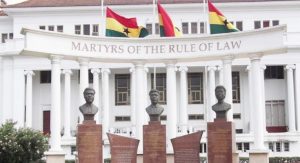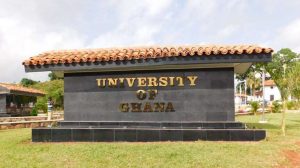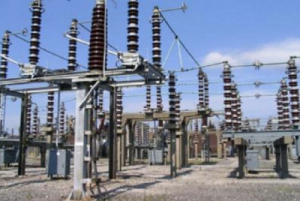The water quality of rivers and other water-bodies that were heavily polluted due to illegal mining in Ghana have improved after the government banned illegal mining in the country.
This was revealed in a report submitted to Ghana’s Parliament by the Ministry of Sanitation and Water Resources.
The report said that rivers such as the Pra, Offin, Bia, Ankobra and Birim – all of which together serve as sources of drinking water for millions of Ghanaians have improved in turbidity.
The turbidity refers to the clearness or cloudiness of a water sample and is measured in Nephelometric Turbidity Units (NTU). Meanwhile, River Bia’s result was the most outstanding.
The turbidity of the River Bia in the Western Region, in February 2017 was 9,240 NTU; however, a year later that dropped to 19 NTU.
According to the World Health Organisation, the turbidity of drinking water should not be more than 5 NTU, and should ideally be below 1 NTU.
The water quality of the River Offin measured at Adiembra, Western Region, as at February 2017 was 4,150 NTU, but dropped to 11 NTU a year later. The results of the water quality test carried out on the same river at Dunkwa showed a similar improvement – from 3,978 to 226 NTU.
The River Ankobra’s water quality improved from 553 to 217 NTU; Birim from 3,822 to 261 NTU, and the River Pra from 1,805 to 883 NTU.
With these developments, the Parliamentary Committee on Works and Housing commended the Sanitation and Water Resources Ministry and urged them to continue the monitoring exercise in order to sustain the gains made.
“The continuous improvement of water quality will help reduce the drain on limited resources of the institutions responsible for the production of water to the consuming public, besides increasing the economic life-span of the treatment plants,” the Committee noted.
In 2017, the government of Ghana banned illegal mining popularly referred to as galamsey as well as small scale mining. This was after the public protested against the act.
An inter-ministerial committee and a taskforce were established to combat the menace.
After about 20 months of the ban being in place, the government announced a roadmap for small-scale mining firms licensed by the Minerals Commission. President Akufo-Addo insisted that those without licenses will not be allowed to operate.
“The ban on small-scale mining was never intended to be permanent; it was to enable government fashion a policy to sanitise the sector and ensure that in future small-scale mining, which is been with us for centuries, will not damage our environment.”
“The measures announced do exactly that. I cannot and will not give up on the fight to protect our environment,” he added.
By Pulse Ghana






